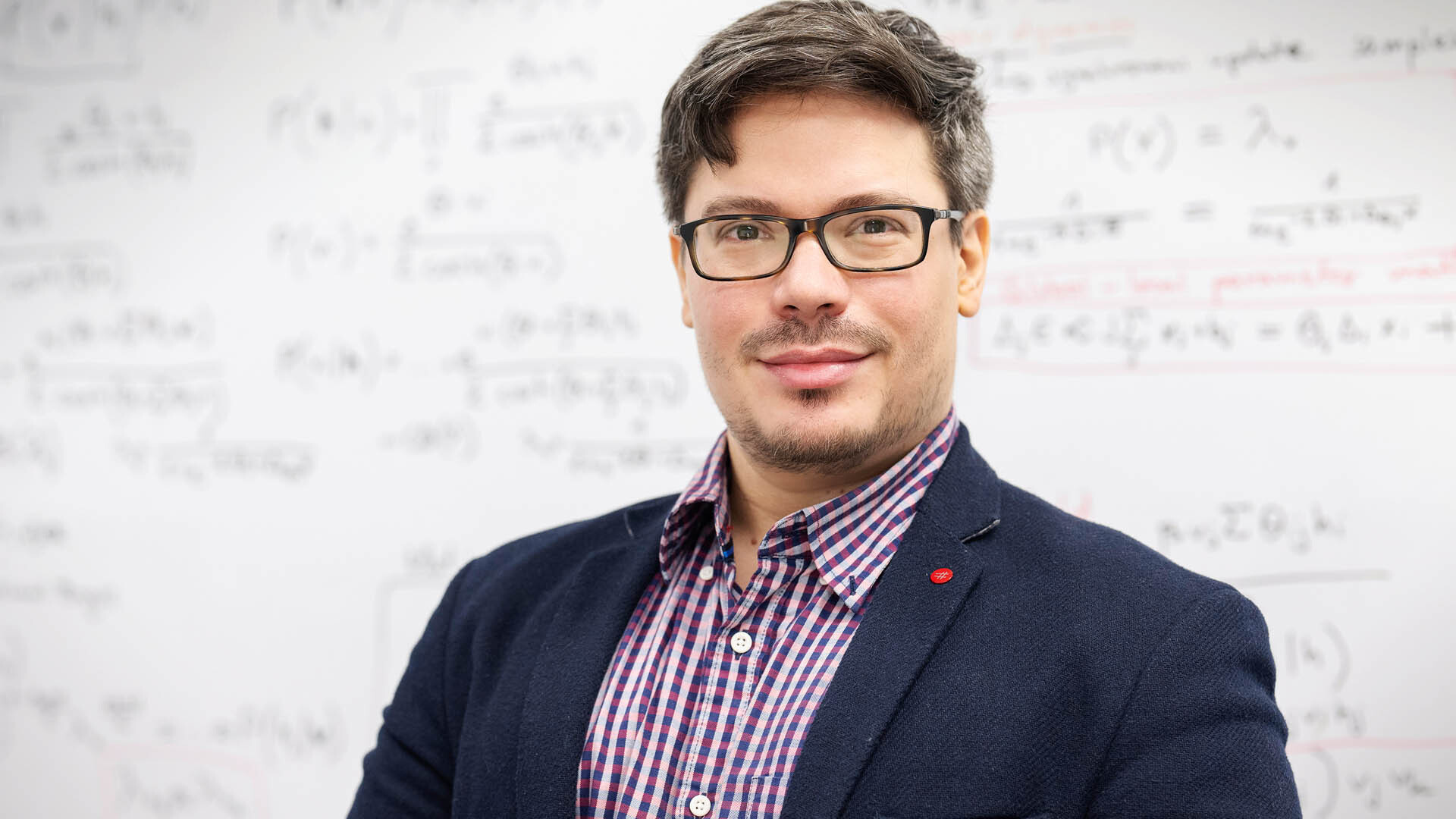
Artificial Intelligence (AI) in Exploratory Human Research
Includes a Live Web Event on 09/08/2025 at 7:00 AM (EDT)
-
Register
- Non-member - $25
- Member - Free!
- Retired - Free!
- Trainee - Free!
- Life Member - Free!
- Life Honorary - Free!
- Honorary - Free!
8 September 2025 at 10:00 a.m. EDT
Free to IASP members; Non-members $25 USD
This webinar is the third in a series on Artificial Intelligence.
ML/AI approaches are currently redrawing statistics, as they demonstrate an ability to separate complex data finding unpredicted patters. This opens up new research routes, and promises advancements especially in a field like pain, where in- and outputs are complex and multifaceted.
Speakers:
Allison Barry, MSc, PhD, University of Vienna, Austria
Daniel Segelcke, PhD, University of Munster, Germany

Allison Barry, MSc. PhD
Faculty of Life Sciences, Department of Pharmaceutical Sciences
University of Vienna
Dr. Barry has a background in sensory physiology and bioinformatics, with a focus on pain pathophysiology. After an undergraduate degree in Neuroscience at Dalhousie University in Canada, she did her MSc through the Max Planck Institute for Experimental Medicine, followed by a PhD at the University of Oxford with Prof. David Bennett, looking at the molecular profiling of primary sensory neurons and their role in neuropathic pain. She currently splits her time between the University of Vienna and University of Texas at Dallas using multi-omic methods to understand pain pathophysiology.

Tamas Spisak MSc, PhD
Professor of Predictive Neuroscience
University Medicine Essen
Dr. Spisak is Professor of Predictive Neuroscience at the Center for Translational Neuro- and Behavioral Sciences, University Medicine Essen, University Duisburg-Essen. With a background in computer science and neuroimaging, Dr. Spisak leads and contributes to several major research consortia, including the Collaborative Research Centers TRR289 “Treatment Expectation” and SFB1280 “Extinction Learning.” Formerly a Junior Research Group Leader at University Hospital Essen, his career spans roles in academic neuroscience, neuroimaging, and industry research. Recognized with awards such as the Top Young Science Best Paper Award and the German Pain Research Grant, Dr. Spisak specializes in predictive neuroimaging and the neural mechanisms of treatment expectation.

Georgios Baskozos MSc, PhD (Moderator)
Associate Professor
University of Oxford
Dr Baskozos is a bioinformatics researcher focused on neuropathic pain, with expertise in transcriptomics, genomics, and predictive modelling. He develops computational pipelines for RNA-seq analysis and collaborates on genome and exome sequencing projects. His current work applies machine learning to clinical data, including projects funded by Diabetes UK and the PAINSTORM initiative. Healso supports experimental design and statistical analysis within David Bennett’s research group.